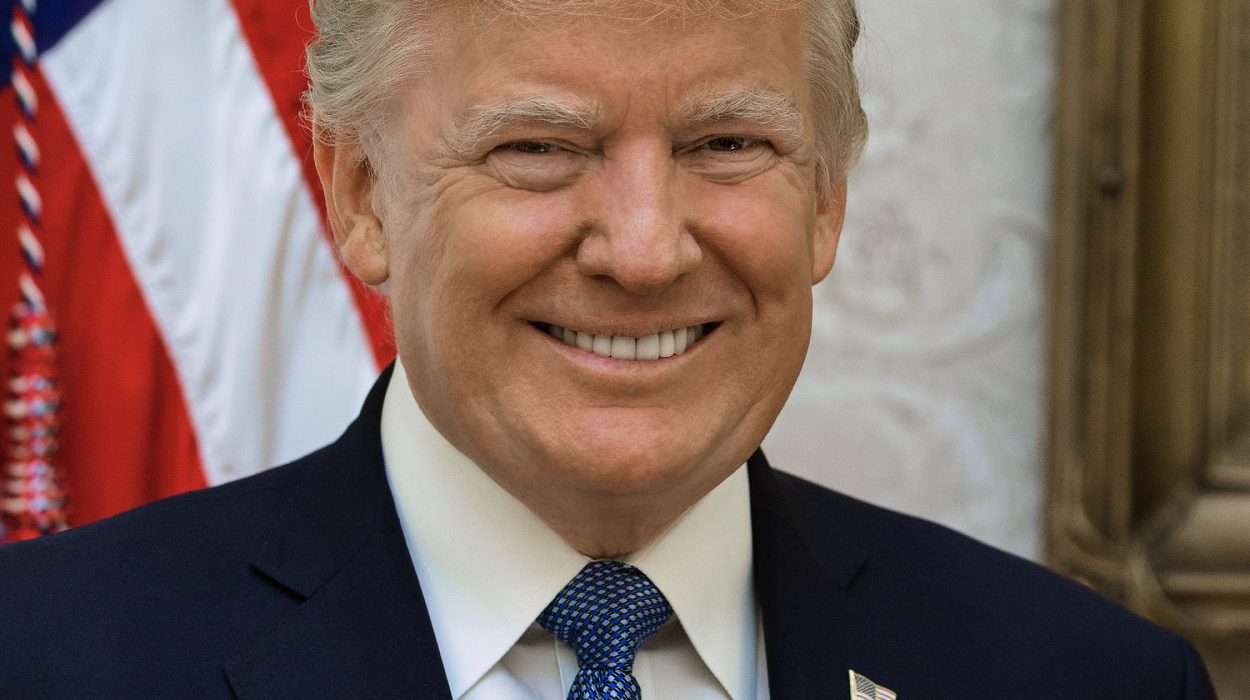A United States federal appeals court has ruled that most of the tariffs imposed by former President Donald Trump earlier this year were illegal, delivering a sharp blow to his trade agenda. In a 7–4 decision, the court held that Trump overstepped his authority when he used the International Emergency Economic Powers Act (IEEPA) to justify sweeping tariffs on imports, including a 14 percent duty on Nigerian goods.
The judges argued that IEEPA, which allows presidents to respond to foreign threats through sanctions and restrictions, does not explicitly grant power to impose tariffs. They noted that the law “neither mentions tariffs nor contains the procedural safeguards necessary to guide such a vast delegation of power.” By relying on emergency powers, the court said, Trump introduced tariffs that were unlimited in scope, amount, and duration.
Despite the ruling, the tariffs will remain in place for now. The appeals court blocked an immediate cancellation, giving the administration time to contest the judgment at the Supreme Court. This means businesses and trading partners will continue to operate under the current tariff regime until at least mid-October.
The tariffs, widely referred to as the “Liberation Day” tariffs, were unveiled in April and slapped blanket duties on nearly all imports, with higher rates on countries such as China, Canada, and Mexico. Trump defended the measures as essential for protecting U.S. industries and addressing issues like drug trafficking and immigration. Critics, however, said the tariffs were politically motivated and risked inflaming trade tensions.
Trump reacted defiantly to the ruling, posting on Truth Social that “ALL TARIFFS ARE STILL IN EFFECT!” He warned that scrapping them would be disastrous for the U.S. economy, leaving the country “financially weak” at a time when he insists it must remain strong. He also expressed confidence that the Supreme Court would ultimately uphold his trade policies.
The case raises broader constitutional questions about presidential power. Legal analysts say tariff-setting has historically been the responsibility of Congress, not the White House. While past administrations have used existing trade statutes to impose duties, Trump’s reliance on emergency powers marks a sharp departure. If the Supreme Court strikes down the tariffs, the decision could significantly limit how future presidents wield economic emergency laws.
For now, uncertainty lingers. Businesses remain caught between the court’s ruling and the tariffs still in force, unsure of what trade policy will look like in the months ahead. With the Supreme Court set to take up the case, the outcome could redefine the balance of power between the executive branch and Congress on matters of international trade.

